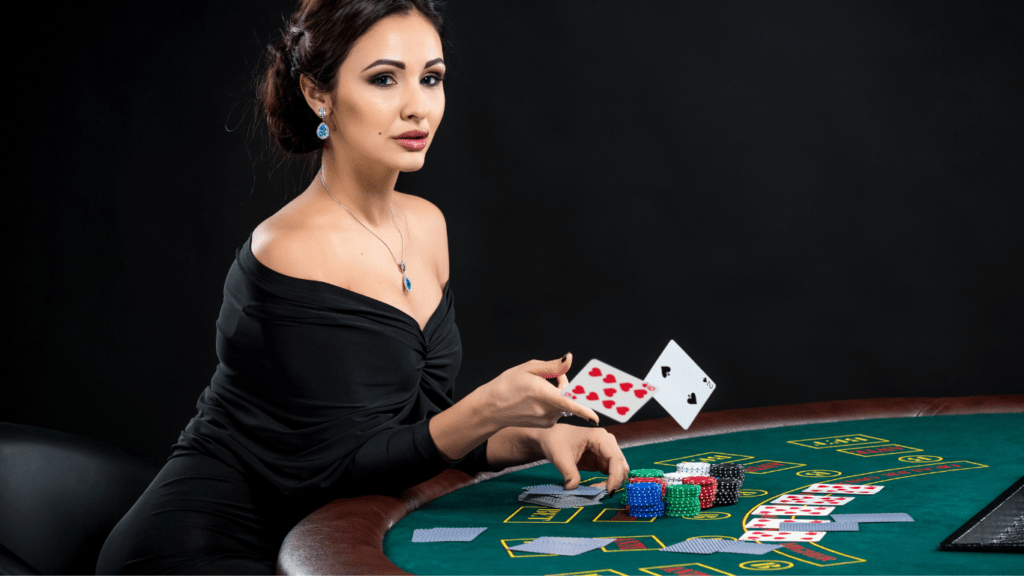Poker isn’t just a game of cards—it’s a battlefield of strategy, resilience, and mental toughness. I’ve always been fascinated by how the world’s top players consistently outthink their opponents and thrive under pressure. What sets them apart isn’t just skill but a champion mindset that drives their success both at the table and beyond.
Overview Of Champion Mindsets
Champion mindsets among poker players revolve around discipline, adaptability, and strategic foresight. They approach each hand methodically, balancing calculated risks with patience. This mindset extends beyond individual games, aligning short-term tactics with long-term goals.
Adaptability is essential for success. I’ve observed that top players adjust their strategies based on evolving dynamics, like table positions or opponent behavior. This allows them to stay unpredictable while exploiting patterns in others’ play.
Emotional control sets elite players apart. They maintain composure in losses and avoid haste after wins. Their goal is to make decisions based on logic rather than emotions, minimizing costly errors in high-pressure moments.
Focus and preparation complete their skill set. Champions immerse themselves in game theory, study competitors, and rehearse scenarios. This ensures they’re ready for any situation they encounter at the table.
These traits collectively form a mental framework designed to thrive in high-stakes, competitive environments.
Key Lessons From The World’s Leading Poker Players

Champion poker players exhibit unique mental characteristics and techniques that set them apart. These lessons provide invaluable insights into strategies and behaviors that contribute to success both on and off the table.
Strategic Thinking And Decision-Making
Elite poker players approach decision-making with precision and logic. Every move stems from evaluating probabilities, reading opponents, and assessing risks. By considering:
- pot odds
- stack sizes
- position
they create a strong tactical advantage. For example, players like Phil Ivey prioritize evaluating long-term outcomes over chasing short-term wins. I mirror this mindset by focusing on measurable factors that guide choices, ensuring a consistent, adaptable strategy.
Managing High-Stress Situations
- Handling pressure efficiently defines a champion mindset.
- Leading players like Daniel Negreanu remain composed during critical hands, avoiding rash choices even under immense tension.
- They channel attention to what they can control, like reading table dynamics, instead of external stressors.
- In high-pressure scenarios, their resilience comes from preparation and experience.
- Similarly, I focus on isolating actionable factors in stressful situations to maintain clear and consistent performance.
Emotional Control And Discipline
Top poker professionals balance emotions with rigorous self-discipline. Losing a crucial pot or scoring a big win doesn’t alter their focus or strategy. For instance, players like Doyle Brunson exemplify emotional consistency, refusing to let tilt influence their actions. This discipline extends to managing bankrolls and sticking to predefined limits. I align this lesson with maintaining steady performance, ensuring consistency regardless of emotional fluctuations.
Developing A Champion Mindset
A champion mindset distinguishes elite poker players from the rest, enabling them to excel in high-stakes situations. This mental framework involves resilience, focus, and constant learning to maintain an edge.
Building Mental Resilience
Mental resilience allows poker players to thrive despite setbacks. Champions cultivate this by viewing losses as learning opportunities, not failures. For example, they analyze misplayed hands to identify mistakes, refining strategies for future games. They also develop emotional detachment, avoiding frustration during losing streaks or overconfidence after wins. This balance keeps their decision-making rational and unaffected by temporary outcomes. Resilience grows further when players stay patient in difficult games, staying committed to their long-term goals rather than chasing immediate recoveries.
Staying Focused Under Pressure
Focus is how champions maintain consistency amidst external distractions and high-stress environments. Elite players sharpen this skill through disciplined routines, like practicing mindfulness to stay present and eliminate mental noise during pivotal moments. At the table, they limit focus to controllable elements, such as their cards, position, and opponent behavior, while ignoring speculation about uncontrollable factors. Additionally, they train their attention spans during extended sessions, reinforcing their ability to sustain peak concentration over time. Success under pressure stems from repeatedly executing sound decisions without letting intensity undermine their focus.
Embracing Continuous Learning
Continuous learning ensures that champions adapt to evolving games and unpredictable opponents. Successful players study hand histories, game theory, and psychological tendencies to refine their craft. Many top professionals engage in analysis with peers or coaches, exchanging insights to approach games with fresh perspectives. They also apply lessons from other players’ successes and failures, seeking every opportunity to enhance their understanding. This commitment to growth fuels innovation and differentiates champions, who proactively expand their skills while staying ahead of emerging strategies.















































































































































































































































































































































































































































































































































































































































































































































































































































































































































































































































































































































































































































































































































































































































































































































































































































































































































































































































































































































































































































































